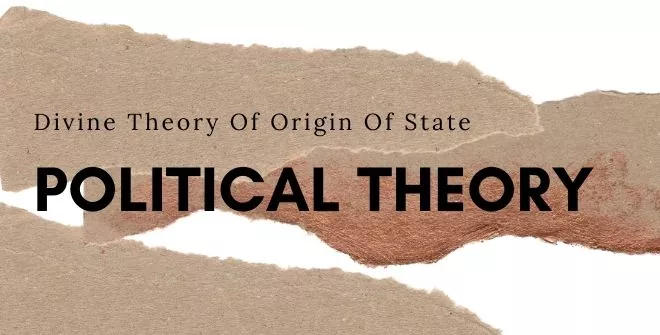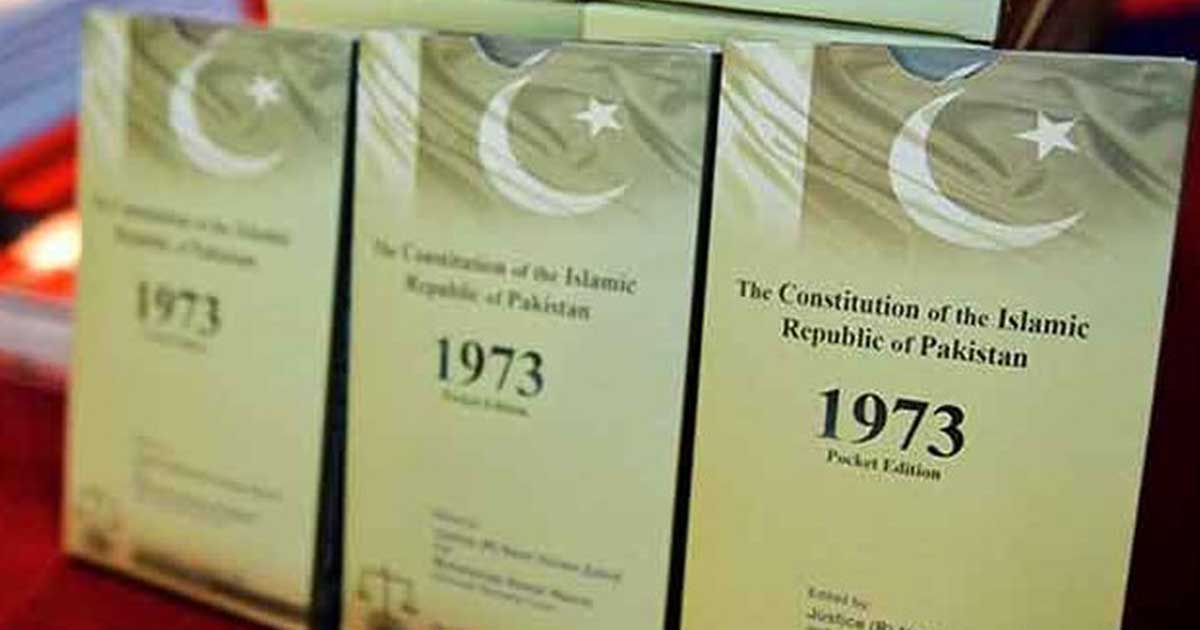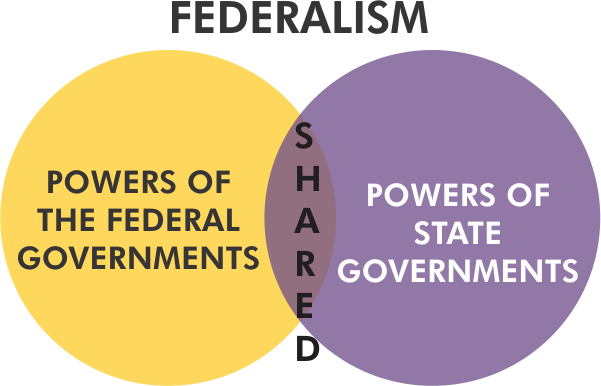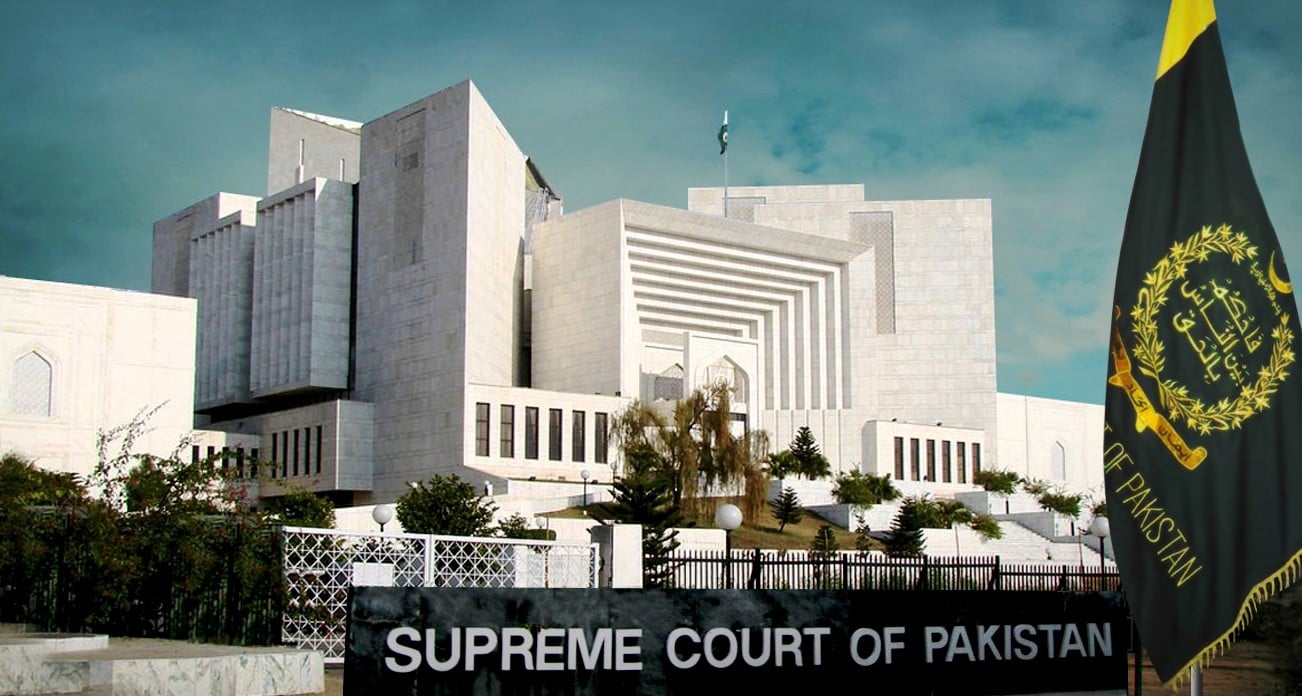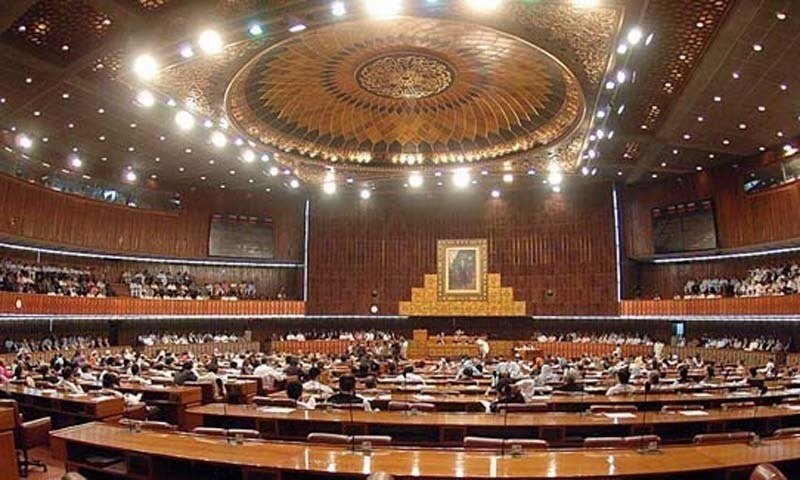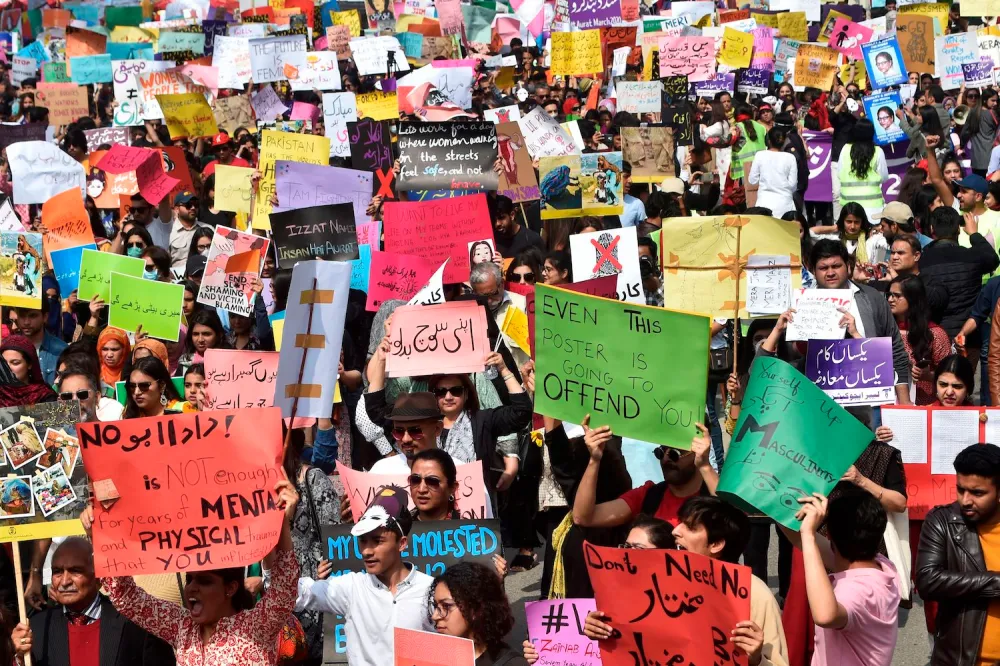Analysis
Article 11 of the Constitution deals with Slavery in all its forms. It categorically prohibits Slavery. The Constitution provides the sublimity of the dignity of humans while providing protection and safeguards through the incorporation of fundamental rights. Article 11 of the Constitution of Pakistan reads as follows;
Slavery, forced labour, etc., prohibited
(1) Slavery is non-existent and forbidden, and no law shall permit or facilitate its introduction into Pakistan in any form.
(2) All forms of forced labour and traffic in human beings are prohibited.
(3) No child below the age of fourteen years shall be engaged in any factory or mine or any other hazardous employment.
(4) Nothing in this Article shall be deemed to affect compulsory service:-(a) by any person undergoing punishment for an offence against any law; or
(b) required by any law for the public purpose, provided that no compulsory service shall be of a cruel nature or incompatible with human dignity.
Slavery, in its literal connotation, is non-existent in the legal regimes of Pakistan. It was abolished by Act No. V of 1883 (The Slavery Act, 1183) in terms that “no public officer shall, execution of any decree or order of Court, or for the enforcement of any demand of rent or avenue, sell or cause to be sold any person, or the right to the compulsory labour or services of any person, on the ground that such person is in a state of Slavery; and “any act which would be a penal offence if done of a free man shall be equally an offence if done to any person on the pretext of his being in a condition of Slavery.
The state organs controlled Slavery and forced labour in the following terms according to the legal history of Pakistan:-
(1) No person shall be held in SlaverySlavery:
(2) All forms of forced labour are prohibited, but the state may require compulsory service for public purposes.
Similarly, in the Constitution of Pakistan 1962, the prohibition is worded that “no person shall be held in Slavery, and no law shall permit in any way facilitate the introduction into Pakistan of Slavery in any form. The present Constitution has specifically and categorically declared that: “Slavery is non-existent and forbidden, and no law shall permit or facilitate its introduction into Pakistan in any form, and all forms of forced labour and traffic in human beings are prohibited. For the first time in the Constitutional history of Pakistan, human trafficking has been declared violative of fundamental rights.https://republicpolicy.com/international-human-rights-day-and-human-rights-crises-in-pakistan/
The alleged bounded labour and illegal detention by an employer in the brick kiln industry are forms of forced labour in which the personal liberty of the individual is compromised; therefore, the Courts in various judgements, keeping in view such like situation, took cognizance of the category in public interest litigation desired the need for legislation on the subject defining expression of forced labour with the illustration of its different forms.
The question of whether a contract freely entered into by a person involving his commitment to what is called “overtime” work against payment stands upon a different ground. It cannot be construed as being a form of forced labour within the general prohibition of Article 11(2) of the Constitution. Hence, “Over time work by a factory worker employed under the agreement of his service is not forced labour. Similarly, withholding the salary of a Civil servant amounts to forced labour which is prohibited as compulsory services for a public purpose or any social service under any law are exempt from the provisions of Article 11 of the Constitution. The Constitution does not provide any punishment for any incursion of the right to freedom; it merely prohibits legislation on some issues and leaves it to the ordinary law to create offences and prescribe a penalty for breaches of the right, where compulsory service is permitted by the Constitution, the overriding condition is that it shall not be cruel or incompatible with human dignity. Where mandatory, such service is hostile or incompatible with human dignity, it will be in contravention of the Constitutional guarantee; even where compulsory service is a part of the punishment, the prohibition that it must not be of a cruel nature or incompatible with human dignity would apply.https://republicpolicy.com/will-the-state-of-pakistan-ensure-the-implementation-of-human-rights-in-pakistan-2/
What is Modern Slavery?
It includes Sex Trafficking, Child Sex Trafficking, Forced Labor, Bonded Labor or Debt Bondage of farmers and labourers, Domestic Servitude, Forced Child Labor and Unlawful Recruitment and Use of Child Soldiers.
Millions of workers in Pakistan are held in contemporary forms of Slavery. Employers forcibly extract labour from adults and children throughout the country, restrict their freedom of movement, and deny them the right to negotiate the terms of their employment. Employers coerce such workers into servitude through physical abuse, forced confinement, and debt bondage. The state offers these workers no adequate protection from this exploitation. Although Slavery is unconstitutional in Pakistan and violates various national and international laws, state practices support its existence. The state rarely prosecutes or punishes employers who hold workers in servitude.
Moreover, workers who contest their exploitation are invariably confronted with police harassment, often leading to imprisonment under false charges. Contemporary forms of Slavery, which are set forth and defined in international law, include debt bondage, serfdom, the trafficking of women, and child servitude. All of these forms of Slavery exist in Pakistan. While all such forms of Slavery deserve and require documentation and priority.
Pakistan is a signatory to international forums and agreements. The International Labor Organization ILO provides a transparent charter for the rights of labourers. Subsequently, Pakistan has enacted several labour laws specifically and generally. Labour courts are special courts that implement labour laws. Industrial or commercial labourers are comparatively more aware of their rights than those related to agriculture, bricks or other exploitative labour. Followingly, the Constitution of Pakistan guarantees the rights of labourers and abolishes all forms of traditional and modern Slavery.https://republicpolicy.com/do-you-know-your-fundamental-rights/
There are judicial and administrative forums available for the rights of the labourers. However, despite the effective legislation, the implementation of the rights could be better. The structural social and economic differences are fundamental obstructions in implementation. Pakistan is suffering from capacity crises of all forms across all institutions. Pakistan reeds administrative and judicial reforms. The core issue is implementation, whether judicial or executive. Then, the institutions require efficient structures that could implement the objectives of systems. Most of the problems are directly linked to economic orientation and the quality of the human resource. The state must develop the human resource of Pakistan. A citizen with work skills shall never fall prey to forced labour. Hence, the development of human resources is critical for the abolishing of all forms of Slavery. It is consequential to develop the business and structure of legislature, executive and judiciary; however, the implementation is comparatively more significant. Then, implementation is the reformation of coded law and forms of administration and execution. Still, the issue relates to human resource quality; therefore, providing skilful training and ensuring qualitative growth of the labour force is inevitable. The skills shall only keep modern slavery control.





